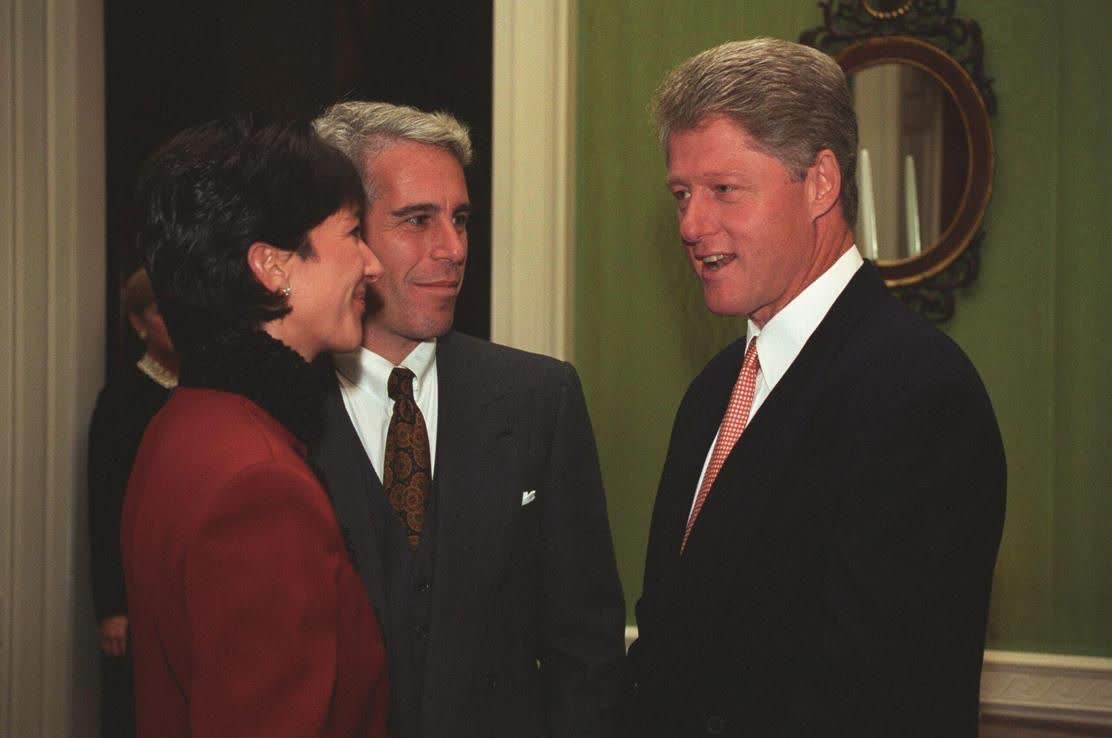The name Jeffrey Epstein may not be universally recognized, but his story constitutes one of the darkest criminal cases of the past two decades. Born in 1953 in New York, Epstein began his career as a math teacher but rapidly infiltrated global circles of wealth and power. He cultivated connections with prominent figures like Donald Trump, Bill Clinton, and Prince Andrew, leveraging his fortune to lure and exploit victims.
Epstein hosted secretive parties at his private Caribbean island, notoriously dubbed “Pedophile Island,” where young women and girls, predominantly from disadvantaged backgrounds, were coerced into sexual acts with wealthy and famous guests. The Jeffrey Epstein case is more than a simple sex scandal; it exposes a horrifying picture of power systems that, by fostering a culture of impunity for influential men, enabled the organized abuse of women and children for decades. The story of Virginia Giuffre, one of the case’s courageous victims, symbolizes the struggle to break this silence.
From a Tree Hut to Epstein’s Circle: A Victim’s Story
Virginia Giuffre, whose memoirs were published posthumously, described how at 17 years old, while working at Donald Trump’s spa club in Palm Beach, she was recruited by Ghislaine Maxwell to work as Epstein’s masseuse. “I was asked to work for a wealthy man connected to celebrities. That was the beginning of a hell I couldn’t even imagine,” she stated.
The situation rapidly escalated. Giuffre recounted how Epstein and Maxwell forced her into sexual acts during massages and then offered her as a “gift” to Epstein’s circle of wealthy and powerful friends. One of her most impactful memories was meeting Prince Andrew. According to Giuffre, Maxwell told her, “Just as Cinderella met her prince, you will meet a handsome prince today”.
How the System Protects Perpetrators with Power and Money
Experts emphasize that what makes the Epstein case a symbol is not merely his crimes, but the protective network that shielded him and his accomplices for decades.
- A Culture of Silence: The Epstein scandal demonstrates how wealth and power can create a wall of silence. Victims often remain quiet due to fear of retaliation, not being believed, or shame. Another survivor of sexual abuse in this context said, “No one believes a young girl, especially when she’s up against a powerful, wealthy man”.
- One Law for the Rich: Epstein’s initial 2008 conviction, which resulted in a controversial non-prosecution agreement and just 13 months in a preferential jail, is a prime example of a two-tiered justice system. This token sentence sent a clear message to victims: the system protects the abusers.
- Normalization and Complicity: Many celebrities and powerful figures continued their associations with Epstein despite widespread rumors. This normalization of criminal behavior created an environment where the abuse of young women was treated as a privilege for the wealthy.
Epstein: Symbol of an Entrenched Culture
Specialists assert that the Epstein case is not an exception but a stark display of patriarchal dynamics deeply rooted in many societies. This case reveals “hostile sexism”—a perspective that views women as the weaker sex and normalizes male domination over them. This culture allows power systems to silence victims and protect perpetrators.
Although Epstein died in his cell and Maxwell was sentenced to 20 years in prison, many questions remain unanswered. Giuffre asked in her book: “Where are the video tapes the FBI seized from Epstein’s homes? Why haven’t they led to the prosecution of more of the abusers?”
The story of Virginia Giuffre and many other victims is not just about a few criminals. It is about culture, power, and systems that must change. As one activist stated, “This case is not a political game. It is about protecting women and girls from rape and retaliation.” Until this culture is seriously challenged, stories like Giuffre’s will continue to repeat.
Guardian


